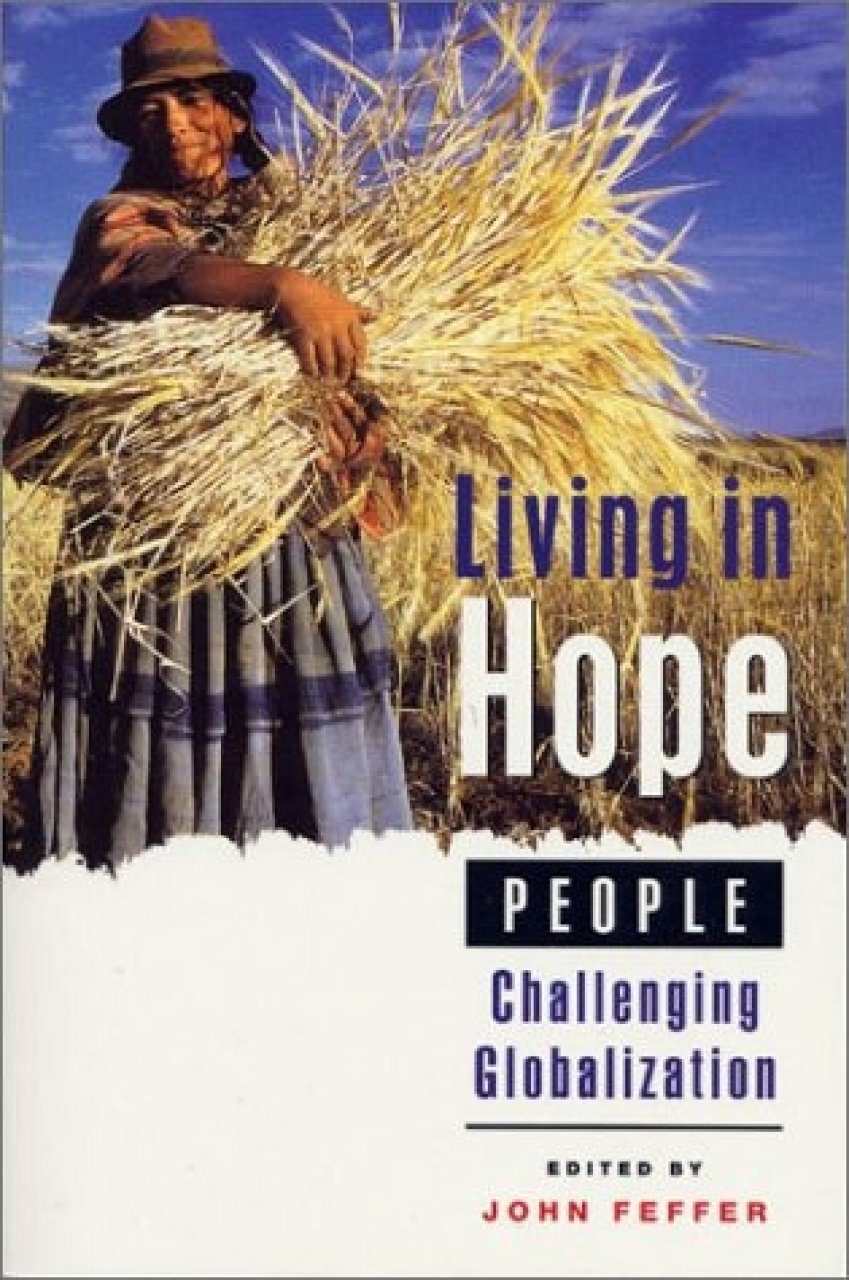
This harmful and irrational division of science is slowly fading but it still persists and has led to the deplorable separation of the assessment of global change between two different international bodies: one based on physical science, the IPCC, and the other on biology, the Millennium Ecology Assessment Commission. Life scientists of the same time were equally confident that organisms evolved according to Darwin’s great vision and adapted to the Earth described by their Earth science colleagues in the building across the campus. If you look back at the writings of Earth scientists 40 years ago you will find them confident that the composition and climate of our planet were completely explicable from chemistry and physics and that life was just a passenger. Another reason for the slow recognition of the threat of adverse climate change is the division of Science into almost unconnected specialties. There are several reasons: among them is our success at solving the important but more manageable problem of stratospheric ozone depletion I suspect that it has given us false confidence in our ability to deal with the far greater and more complex danger of global heating. You may well ask how we scientists have let this potentially disastrous future steal up on us unaware.

I now take an apocalyptic view of the future because I see 6 to 8 billions of humans faced with ever diminishing supplies of food and water in an increasingly intolerable climate. It was all too clear that the message from climate scientists was not reaching the public and especially not in the USA, this of course was before Al Gore presented his book and film. When I looked at the IPCC report again – it was with a new sense of awareness – I now saw it as the scariest official document I have ever read. I must add that this was what we all perceived was the correct and objective way to speak. We were worried, but there was no sense of pressing urgency. In defence of my friends at the Hadley Centre, I have to say that almost everyone concerned with climate change in 2004, and that included me before the visit, had this detached approach to climate research. Sandy and I left with a deep sense that what we had heard was truly serious and the visit profoundly changed my view of the future. Something, I knew was rarely ever true of a dynamic system. There was also a tendency to present the whole Earth system as if it was no more than the simple addition of its parts.


This was in itself disturbing much more so was the fact that those concerned, for example, with the melting of polar ice, although aware of a similar vanishing of the tropical forests, seemed to present their own research as something separate from the heating of the whole planet. They told of their research in detail but in a detached – properly scientific manner – almost as if they were describing some other planet, not the Earth. Taken separately, each of these regional investigations presented convincing evidence of positive feedback and accelerating change. These climate scientists with whom we talked spoke of their observations and models of global heating in the regions that each of them were investigating. And we talked of our own concern about the way the ocean life was disappearing as the surface waters warmed. Later in the day we heard from Peter Cox and Richard Betts about the way that the great tropical and boreal forests were changing as the world grew hotter. While there we talked with a range of scientists some were concerned with the melting of ice floating on the Arctic Ocean, others with Greenland’s vanishing glaciers, and still others concerned with global heating in the tropics. It is a place of excellence and an important part of the IPCC. My first intimation that we might be on the brink of disaster came in May 2004 when my wife Sandy and I visited the UK’s primary climate research centre, the Hadley Centre. Sadly, even the most pessimistic of the climate prophets of the IPCC panel do not appear to have noticed how rapidly the climate is changing. Inevitably the conclusions of the report need constant revision in the light of real climate change. The report itself speaks of the real possibility of severe climate change but it is written in properly cautious scientific language and gives the impression that global heating is serious but the worst consequences are avoidable if we take appropriate action now. Most of you will know by now the main conclusions of the greatly respected Intergovernmental Panel on Climate Change’s, 2007 report and I am sure that we all are proud that they were awarded this year’s Nobel Peace Prize together with Al Gore. This is a draft copy of the lecture delivered to a public meeting of the Royal Society, 29 October 2007.


 0 kommentar(er)
0 kommentar(er)
